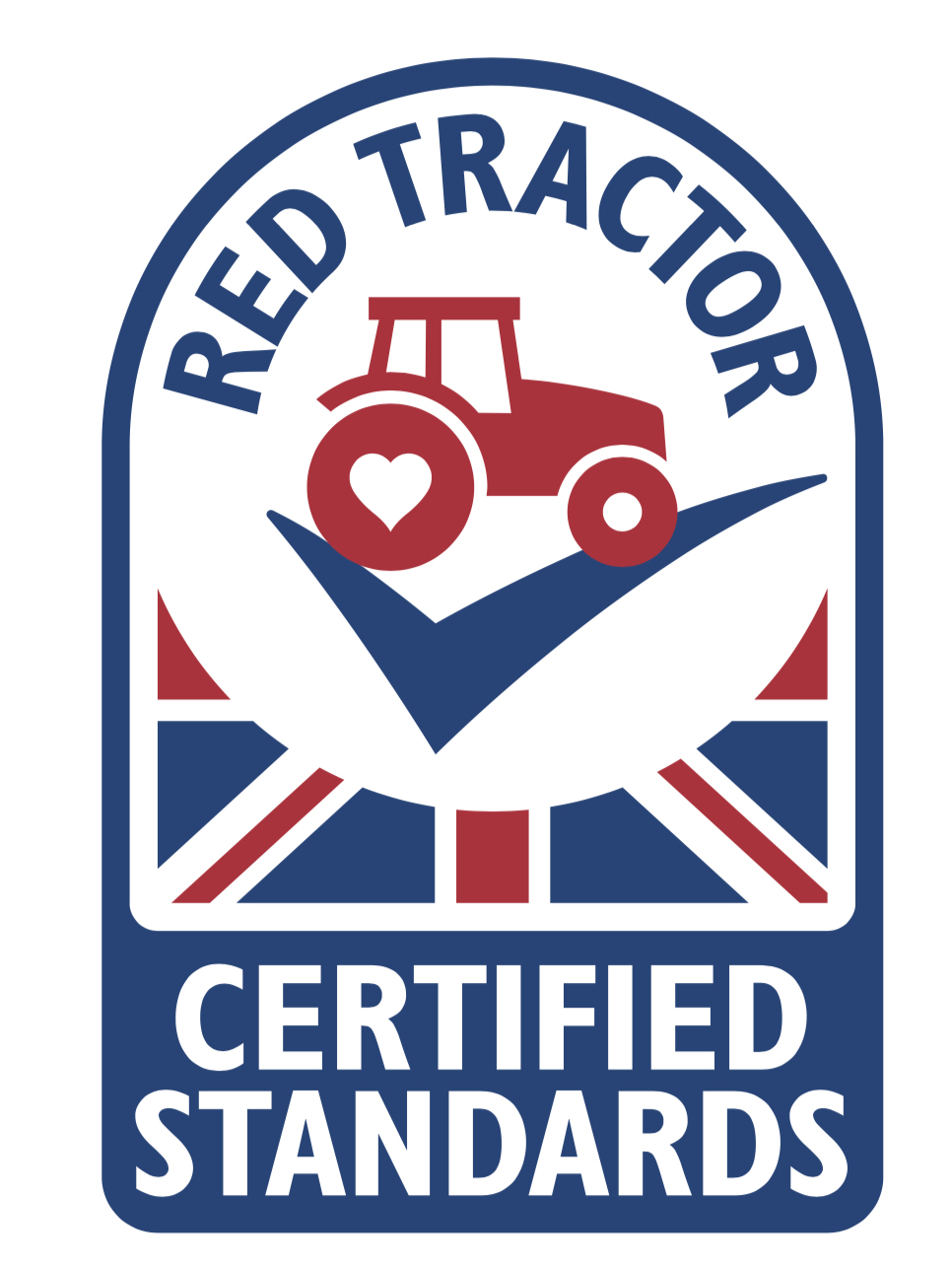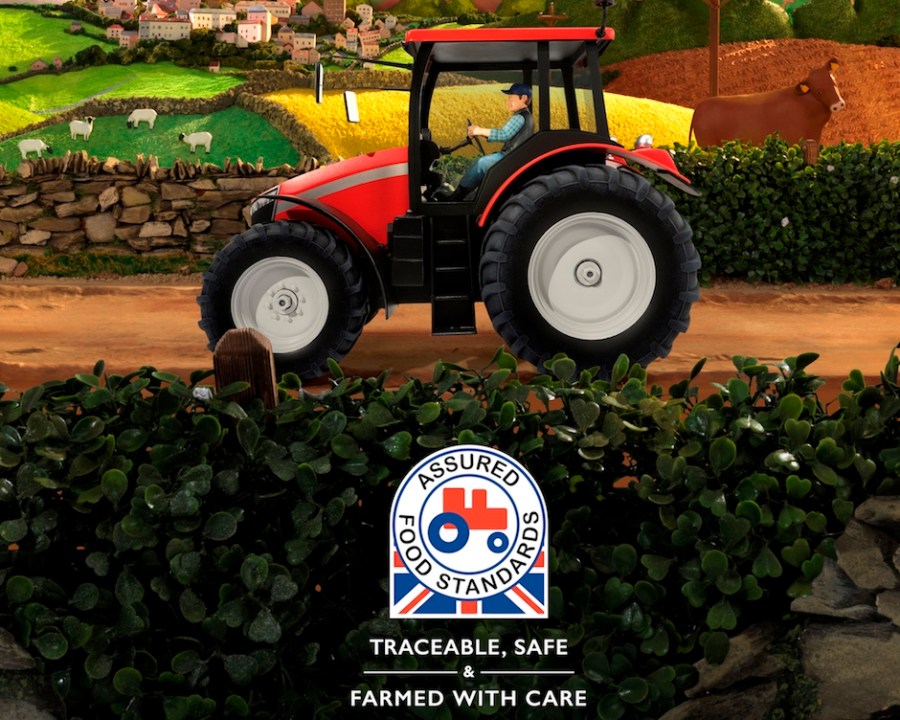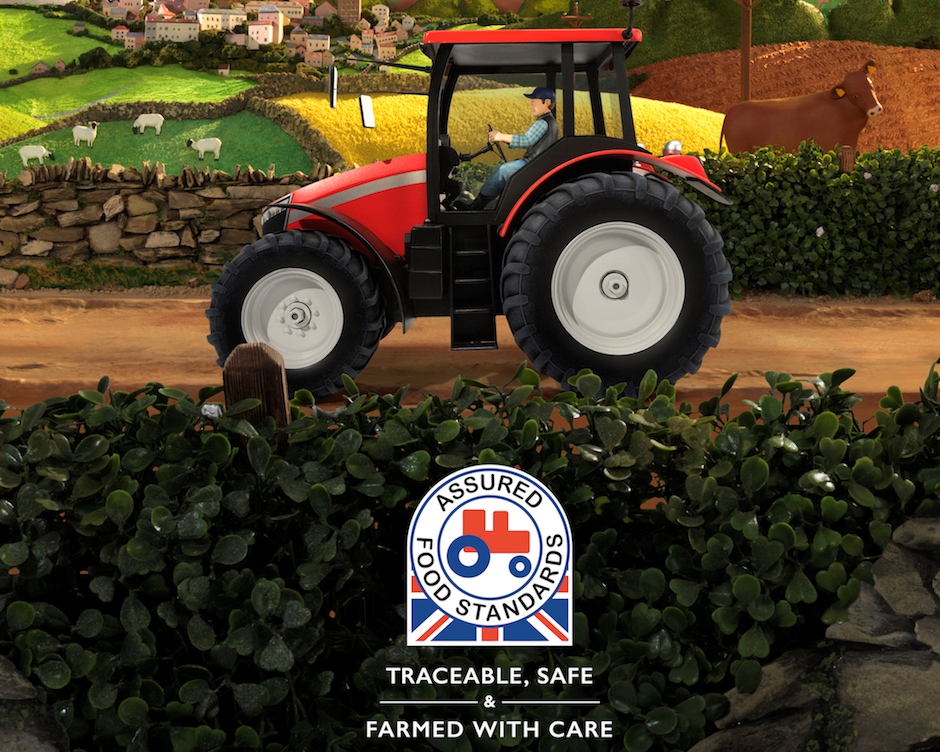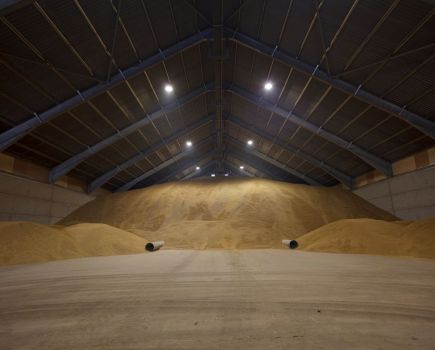With a consultation underway for Red Tractor Food Assurance, concerns over its direction have risen to the surface. Many farmers understandably question why protocols appear to be tightening for home-grown produce with little requirement of the same on imports. CPM put this question and others to AFS CEO Jim Moseley.
CPM: What is your vision for Red Tractor?

Jim Moseley
Jim Moseley: In 2000, when consumer confidence in British Food was at an all-time low, the NFU and others in the food chain, created Red Tractor with the core purpose of reassuring consumers that British food and drink was safe and responsibly produced.
Twenty years on, Red Tractor has become the most trusted assurance scheme in the country, and British is now the number one choice for most consumers. Today our purpose remains the same as it was then – to ensure British food and drink is produced safety and responsibly.
Our standards need to achieve two key objectives: First, meet the needs of consumers who expect high standards but shop keenly on price and second, provide farmers and the supply chain with manageable standards, that ensure good practice and positive returns.
Getting that balance right then satisfies the needs of other critical stakeholders, namely retail, foodservice and government. For retail and foodservice, the standards provide a buying specification and due diligence which means market access and reduced inspections. Government will extend ‘earned recognition’ to Red Tractor farmers and use the standards to underpin export, again giving market access and reduced inspections.
Red Tractor and its sector boards and technical committees constantly strive to achieve a balance that benefits all stakeholders. If the standard is too weak then retailers will add bolt-ons and additional inspections, and we will lose our recognition with government and most importantly our relevance to British consumers. Conversely if standards are too tough, it may not be valued in the market.
But we cannot afford to be stagnant. We have a duty to our members to evolve. Brexit offers the UK farming and food sector opportunities and challenges in equal measure. I would encourage farmers to have confidence that Red Tractor gets the balance right.
CPM: What are the main changes you hope arable farmers will see as a result of the current consultation?
Jim: I don’t want to pre-empt the consultation which is open until March and will be further scrutinised by our technical advisory boards, which include experts across the sector including farmers and our sector boards. We are reaching out to the whole industry to hear their views – positive and negative – on the proposals and this is a vital process.
While there has been a lot of rhetoric about standards being driven up unnecessarily, many of the proposals are about simplification and providing greater clarity of what is expected with changes to the format, language and requirements.
After reading the individual proposals for themselves, arable farmers will draw their own conclusions of what the changes would mean for them and their business.
CPM: There are many farmers who feel RT unnecessarily ‘gold plates’ regulation that has no place in a scheme designed to underpin food safety (eg environmental regulation). Moreover, there is a view these environmental regulations bring no competitive advantage to UK produce in world trade, indeed the US claims they are a political tool. So why include them?

Tractor trouble: many farmers question why protocols appear to be tightening for homegrown produce with little requirement of the same on imports.
Jim: Red Tractor’s core purpose is to reassure consumers that food and drink is produced safely and responsibly. In consumers eyes ‘food produced responsibly’ means that the supply chain has cared for the produce, the animals, the planet and the employees.
Consumers assume the brands they buy have done all of that, which is why Red Tractor has incorporated environmental standards including the Sustainable Use Directive for many years.
To drop environmental standards would not only weaken Red Tractor, it would also be detrimental to farmers. The need for greater environmental protection and sustainability is in the headlines all the time. Farming like all other industries, has to do its bit to minimise its impact on the planet.
If Red Tractor didn’t include environmental standards, they would inevitably be picked up by another agency or stakeholder who would develop their own standards and inspection. Incorporating them into Red Tractor, and therefore one inspection, is a much more efficient and cost-effective option for farmers.
CPM: Very few combinable crop products carry the RT logo, so what value does it bring to the cereal and oilseed growers who pay for it?
Jim: The Red Tractor logo is in fact used and valued by high-profile brands which are household names. Weetabix, Shredded Wheat, Silver Spoon, Carling lager, Marriage’s flour to name a few. The UK’s largest retailer, Tesco, proudly displays the logo on its flour, as do other large retailers with own-label products.
Because the Red Tractor scheme is recognised as equivalent to SAI platforms, our members can also supply customers like Coca-Cola and Heineken. One Red Tractor inspection means a farmer’s crops can supply any of these huge customers and other end users. Without farm assurance, that market access is closed.
There is a desire from other major brands to use the logo, but inconsistencies in supply caused by variable harvests and a lack of self-sufficiency in some sectors means it simply isn’t possible. The UK is only about 85% self-sufficient in wheat. If the brand isn’t using 100% Red Tractor product, they can’t use the logo.
We acknowledge the challenges the sector faces with imports, and continue to challenge brands to have a consistent approach to standards for their sourcing of inputs to their products. The important point remains that many UK customers demand Red Tractor standards and only buy from an assured chain.
- The consultation ends on 5 March. To have your say on the Standards Review 2021, go to https://assurance.redtractor.org.uk/





